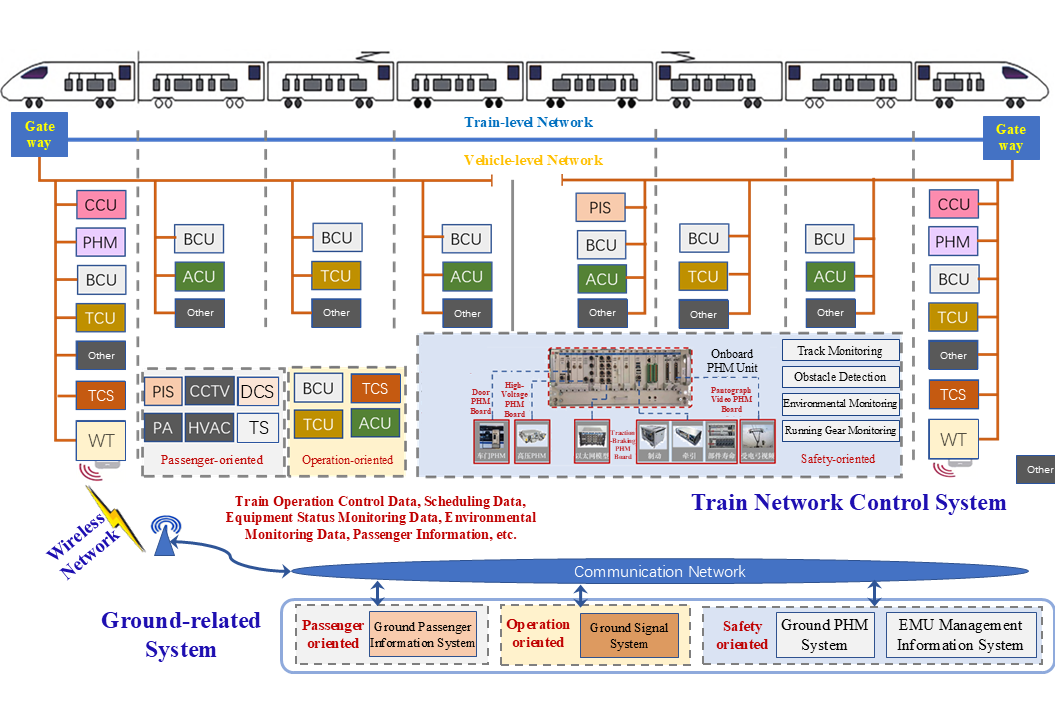
APA Style
Zhihang Zhang, Feng Wang, Peng Li. (2025). Secure and Privacy-Preserving Data Management in Train Coupling/Decoupling Scenarios: A Comprehensive Review and Future Perspectives. Computing&AI Connect, 2 (Article ID: 0021). https://doi.org/Registering DOIMLA Style
Zhihang Zhang, Feng Wang, Peng Li. "Secure and Privacy-Preserving Data Management in Train Coupling/Decoupling Scenarios: A Comprehensive Review and Future Perspectives". Computing&AI Connect, vol. 2, 2025, Article ID: 0021, https://doi.org/Registering DOI.Chicago Style
Zhihang Zhang, Feng Wang, Peng Li. 2025. "Secure and Privacy-Preserving Data Management in Train Coupling/Decoupling Scenarios: A Comprehensive Review and Future Perspectives." Computing&AI Connect 2 (2025): 0021. https://doi.org/Registering DOI.
 ACCESS
Review Article
ACCESS
Review Article
Volume 2, Article ID: 2025.0021

Zhihang Zhang
23125148@bjtu.edu.cn

Feng Wang
feng.wang@bjtu.edu.cn

Peng Li
lipeng@bjtu.edu.cn
1 School of Automation and Intelligence, Beijing Jiaotong University, 100044, China
* Author to whom correspondence should be addressed
Received: 08 Apr 2025 Accepted: 16 Aug 2025 Available Online: 25 Aug 2025
This paper systematically investigates the data privacy protection strategies in railway transportation systems, with a particular focus on the unique requirements of train coupling/decoupling scenarios. In such dynamic and semi-open environments, existing passive security mechanisms and centralized architectures often fail to ensure secure data exchange and privacy preservation, particularly under limited computational resources. To address these challenges, we review decentralized data-sharing technologies and privacy-preserving computation methods suitable for heterogeneous train networks. Furthermore, we propose a blockchain-based asymmetric encrypted storage framework and a collaborative computing architecture based on federated learning, both tailored to the operational constraints of modern high-speed trains. Our approach integrates container virtualization, secure consensus protocols, and differential privacy techniques to enable traceable, tamper-proof, and privacy-aware data processing. Finally, this paper outlines future research directions concerning quantum-resistant security architectures and adaptive privacy mechanisms that can support the evolving needs of intelligent railway systems.

Disclaimer : This is not the final version of the article. Changes may occur when the manuscript is published in its final format.
We use cookies to improve your experience on our site. By continuing to use our site, you accept our use of cookies. Learn more